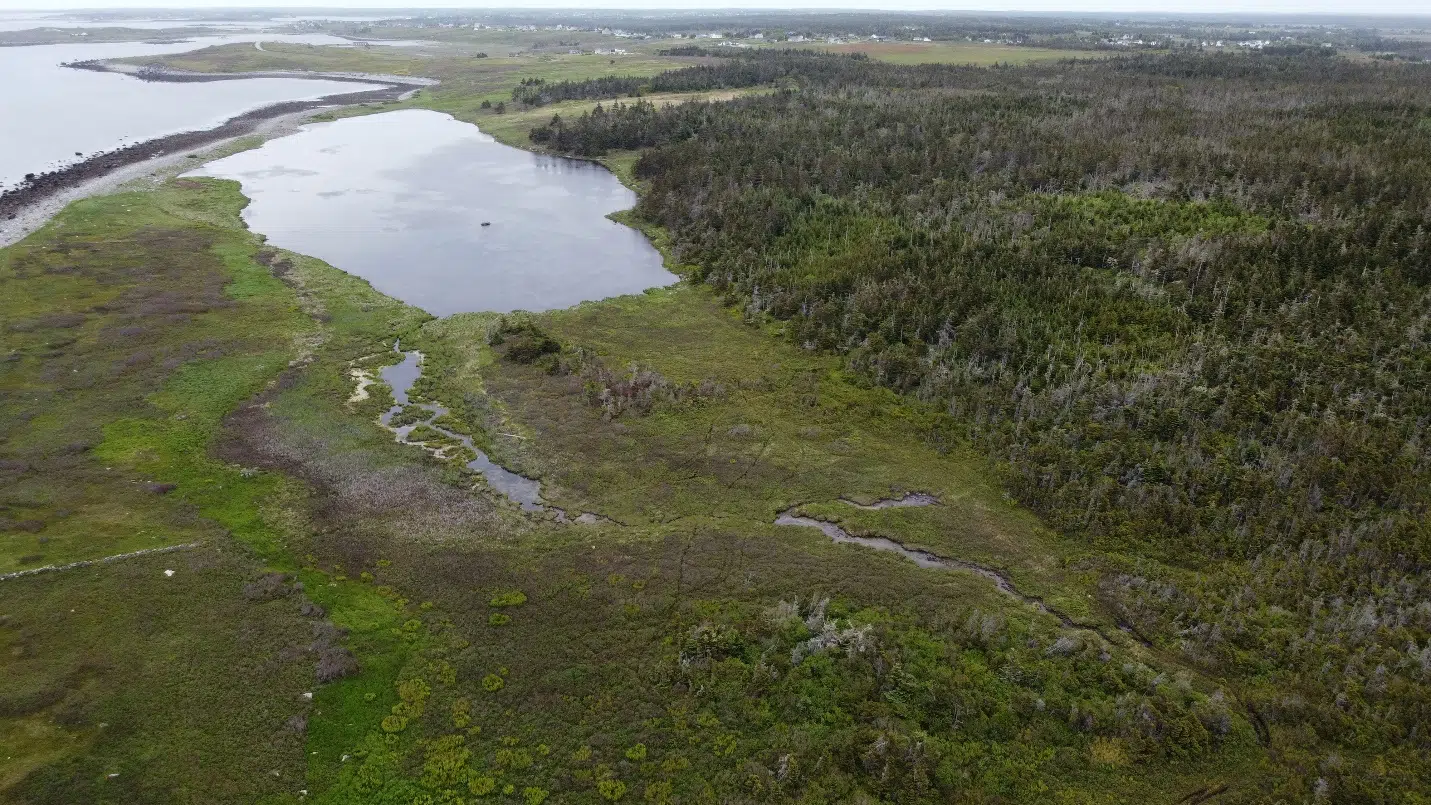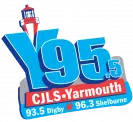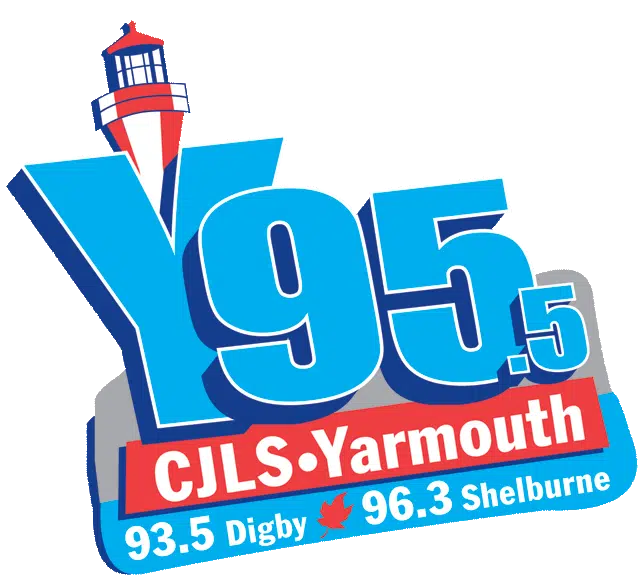
The potential site of Boreal Salmon's open-flow land-based salmon farm in Chebogue. (Contributed Photo)
Representatives for Boreal Salmon have made their case for an open-flow land-based salmon farm in Chebogue Point.
The Chile based group presented information about their proposal and addressed concerns that have been raised by the community, Tuesday, as part of the Municipality of the District of Yarmouth’s Aquaculture Learning Plan workshops.
Oliver Bertens, a civil engineer, partner and main investor in the project, explained how water taken in for the farm will be released back into the Bay of Fundy, something that has been an issue for stakeholders in the fishing industry.
He says before the water becomes poisonous for the salmon, it will be moved into drum filters. The grow tanks would have independent environments, to isolate risks and potential disease. The water in the tanks will be reused, with oxygen and degassing, before it becomes poisonous for the salmon.
Any solids not retained in the grow tanks will be removed as the water moves through the sludge treatment plant. Waste is stored and the water is returned to the Bay of Fundy.
Bertens says they do not foresee any effects on the ocean.
“This is nothing new. It’s something used in land based industries and many other industries that treat water with solids. So the water that goes back into the sea is the cleanest as possible in terms of solids.”
However there would be particles released into the ocean, including nitrogen from fish urine. Bertens discussed the particles that would be released into the ocean from the farm, after the water they use moves through their drum filtration system.
“The type of particles that you get after the drum filtrations are very very small particles that are easily diluted in a large amount of water that we are sending back to the ocean. They have a very easy dispersion and degradation in the marine ecosystem.”
He says the drum filtration system will keep out everything except for 13kg of particles.
Marine biologist and research associate Inka Milewski presented for the workshops on Monday. She cited a study, “Science of The Total Environment”, which evaluated the efficiency of drum filters found them to be between 40-70% efficient at collecting waste. She says discharged waste, paired with climate change, could create marine coastal dead zones.
Bertens also addressed concerns outside of what will be released back into the water.
Addressing concerns of negative effects to the wetland, Bertens says they have hired a company to work on wetland intervention. He also addressed tourism concerns in the Chebogue Point area, saying they will look to use trees to obscure the facility. He added there is no risk for lobsters to be sucked into the facility, saying the suction speed is not strong enough to draw aquatic life in.
Bertens asked for anyone with a concern they have not foreseen to bring it forward.
Boreal Salmon anticipates the farm would produce 5,500 metric tonnes per year of Atlantic Salmon and or Sea Trout.
MODY’s planning advisory committee is considering changes to the land-use by-law and municipal planning strategy to allow different types of aquaculture activities, which would allow Boreal Salmon to develop their farm.
Many members of community have voiced their opposition to opening a salmon farm in Chebogue Point, including stakeholders in the fishing industry.








